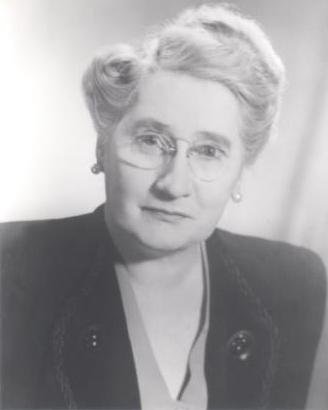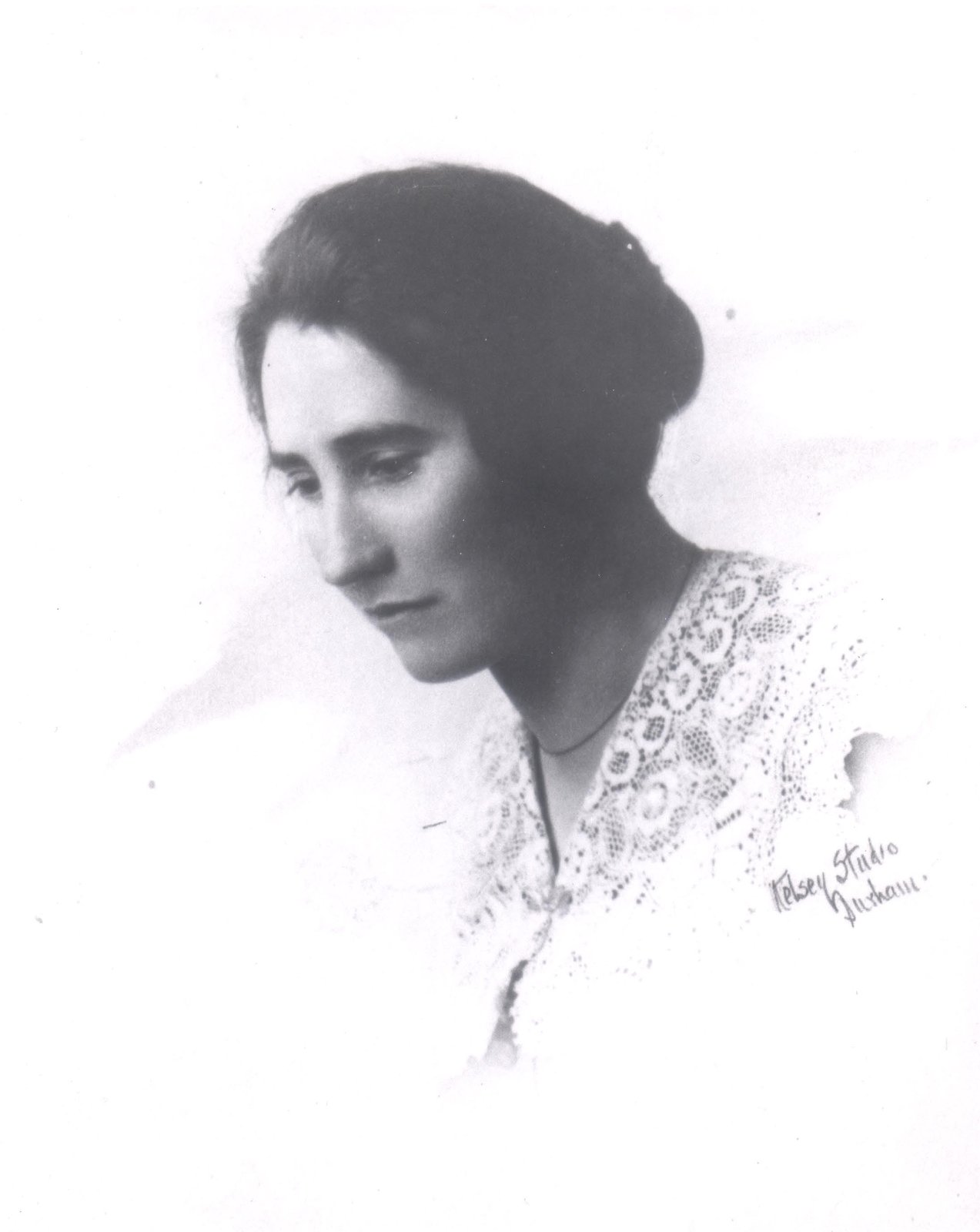"It's there," he gasped. "Look—read—oh, do you—think it's—true? The—end of—the world—is coming to-morrow—at two—o'clock—in the afternoon!"
Crash! Felicity had dropped the cup of clouded blue, which had passed unscathed through so many changing years, and now at last lay shattered on the stone of the well curb. At any other time we should all have been aghast over such a catastrophe, but it passed unnoticed now. What mattered it that all the cups in the world be broken to-day if the crack o' doom must sound to-morrow?
"Oh, Sara Stanley, do you believe it? DO you?" gasped Felicity, clutching the Story Girl's hand. Cecily's prayer had been answered. Excitement had come with a vengeance, and under its stress Felicity had spoken first. But this, like the breaking of the cup, had no significance for us at the moment.
The Story Girl snatched the paper and read the announcement to a group on which sudden, tense silence had fallen. Under a sensational headline, "The Last Trump will sound at Two O'clock To-morrow," was a paragraph to the effect that the leader of a certain noted sect in the United States had predicted that August twelfth would be the Judgment Day, and that all his numerous followers were preparing for the dread event by prayer, fasting, and the making of appropriate white garments for ascension robes.
I laugh at the remembrance now—until I recall the real horror of fear that enwrapped us in that sunny orchard that August morning of long ago; and then I laugh no more. We were only children, be it remembered, with a very firm and simple faith that grown people knew much more than we did, and a rooted conviction that whatever you read in a newspaper must be true. If the Daily Enterprise said that August twelfth was to be the Judgment Day how were you going to get around it?
"Do you believe it, Sara Stanley?" persisted Felicity. "DO you?"
"No—no, I don't believe a word of it," said the Story Girl.
But for once her voice failed to carry conviction—or, rather, it carried conviction of the very opposite kind. It was borne in upon our miserable minds that if the Story Girl did not altogether believe it was true she believed it might be true; and the possibility was almost as dreadful as the certainty.
"It CAN'T be true," said Sara Ray, seeking refuge, as usual, in tears. "Why, everything looks just the same. Things COULDN'T look the same if the Judgment Day was going to be to-morrow."
"But that's just the way it's to come," I said uncomfortably. "It tells you in the Bible. It's to come just like a thief in the night."
"But it tells you another thing in the Bible, too," said Cecily eagerly. "It says nobody knows when the Judgment Day is to come—not even the angels in heaven. Now, if the angels in heaven don't know it, do you suppose the editor of the Enterprise can know it—and him a Grit, too?"
"I guess he knows as much about it as a Tory would," retorted the Story Girl. Uncle Roger was a Liberal and Uncle Alec a Conservative, and the girls held fast to the political traditions of their respective households. "But it isn't really the Enterprise editor at all who is saying it—it's a man in the States who claims to be a prophet. If he IS a prophet perhaps he has found out somehow."
"And it's in the paper, too, and that's printed as well as the
Bible," said Dan.
"Well, I'm going to depend on the Bible," said Cecily. "I don't believe it's the Judgment Day to-morrow—but I'm scared, for all that," she added piteously.
That was exactly the position of us all. As in the case of the bell-ringing ghost, we did not believe but we trembled.
"Nobody might have known when the Bible was written," said Dan, "but maybe somebody knows now. Why, the Bible was written thousands of years ago, and that paper was printed this very morning. There's been time to find out ever so much more."
"I want to do so many things," said the Story Girl, plucking off her crown of buttercup gold with a tragic gesture, "but if it's the Judgment Day to-morrow I won't have time to do any of them."
"It can't be much worse than dying, I s'pose," said Felix, grasping at any straw of comfort.
--Lucy Maud Montgomery, The Story Girl, Chapter 19: A Dread Prophecy
1911
(Available at Project Gutenberg.)




